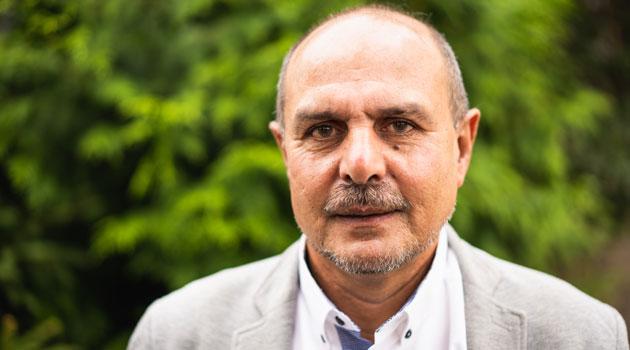Emil Voráč: In the Czech Republic, nonprofits able to integrate Roma are often blocked from financing

The attitudes held about Romani people today are not just due to errors in the policies of the states they live in – while Romani people themselves are also part of the equation, an even bigger role is played by donors, ministries, nonprofit organizations, regional authorities, towns and villages. All of those entities have made it possible for those who draw funding for the integration of Romani people to do so in a corrupt way.
Those entities present various cities and municipalities to the rest of the public as if they were the greatest experts on this issue, including cities that very often are to blame for the current state of affairs – which in some aspects is equivalent to the Middle Ages – and cases where right-wing radicals have won local elections by promoting anti-Romani policy. The state of affairs and the hatred that exists will never improve because the sources of financing for the area of the integration of Romani people are currently being kept as inaccessible as possible, basically at an infinite remove.
Competition has been created among Christian associations, local police, secular NGOs, towns and villages, all of whom are able to draw from grant programs whether they are run by cities, the EU, or even global donors. While the volume of these funds is enormous, it does have its limits, and for that reason it is “necessary” to purge unwanted applicants from among those interested in the funds for Roma integration.
Yes, I exactly mean purges, excluding those organizations that do not toe the party line – which means those who have the potential to demonstrate positive outcomes that will benefit these Romani target groups. After all, if the donors were to ascertain that in a certain area Romani people were already absolutely doing fine, that they were integrated, then the priority of their need would be greatly reduced, as would the volume of the financing allocated to that area.
For those who are not involved in this sphere of activity, what I am writing here will probably seem like it’s in a foreign language. Over the last 25 years I have encountered many people sailing in these waters, some of whom actually take their calling seriously, many for whom this is a business and who actually hate the Romani minority, but even more whose falsity shines from their eyes.
I don’t want to sound hateful myself here, so I must point out that it is not just some Non-Romani people who are corrupt and hateful, but also some Romani people. For a long time I have been doing my best to explain to those buying the services from the entities financed within the framework of these integration projects that they should be requiring actual resolutions to the unhappy situations being addressed.
Instead, as part of establishing their eligibility for financing from the Czech Labor and Social Affairs Ministry (MPSV), NGOs are even being forced to kiss the asses of cities and municipalities currently promoting xenophobic policies. Yes, I am being blunt, but this is just a fact, no NGO that disagrees with that kind of local government will be recommended for a regionally-funded or state-funded project and sometimes not even for an EU one – and mainly, they will not be recommended for inclusion in the regional network of social services.
Exclusion from that network would cost an NGO the financing it receives from such donors, and therefore it is easier to kiss ass and promote xenophobic policy along with cities of that sort – and mainly, it is easiest to just keep in place the unalterably unfavorable status quo prevailing for the Romani target group. Esteemed readers, if we ask whether the approach currently being taken by politicians here means Romani people will be comprehended as equal to the majority society, then I must regretfully announce that if the MPSV rules do not change, if Act No. 108 on the provision of social services persists as it is drafted and plays into the hands of those responsible for this dismal state of affairs, I can actually say to you that Romani people will never be equal here.
NGOs must function independently of cities and municipalities, they must demonstrate results that benefit these Romani target groups, and they must use absolutely different approaches and methods than the cities do. The NGOs should be an example to local government, and the tiniest hint of corruption should be grounds for ending collaboration with them.
For the time being, the opposite is the reality here. As long as this will be the case, there is no chance of breaking down the imaginary barrier shoring up the opinion that Romani people are incapable of being integrated.
